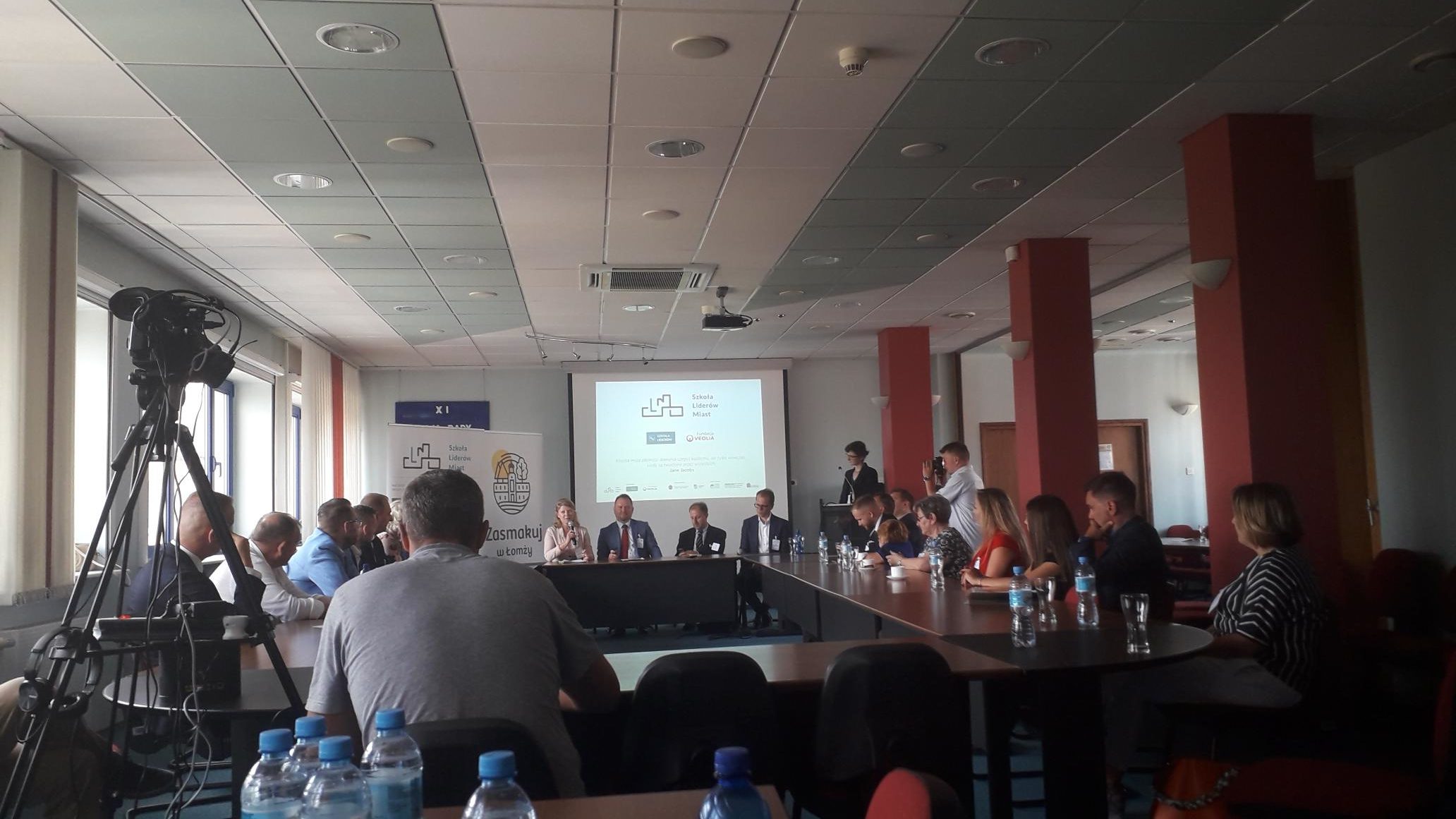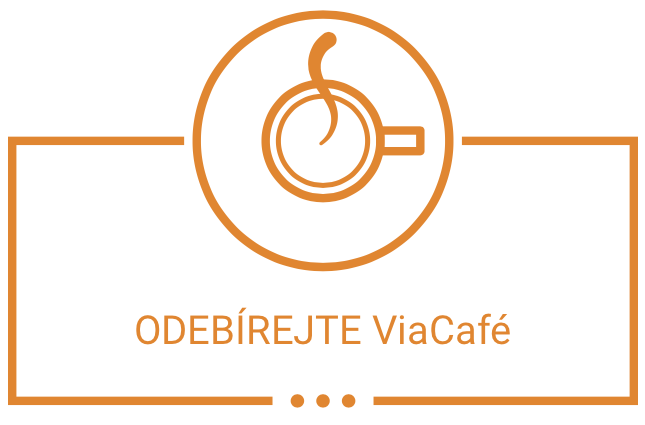Over the past two years, in our ViabilityNet 3.0 program, we have regularly met with staff from organizations that are similar to Via but operate in other CEE countries. The purpose of these meetings is to exchange experience and learn more about the contexts in which the participating organizations work. In June 2019, Via’s Executive Director Zdeněk Mihalco took a two-day trip to visit the Polish organization Szkola liderow.
Lomza is a city of 60,000 inhabitants in northeastern Poland. In the city’s main conference room, several city councillors, business people and representatives of local NGOs have gathered.
The meeting starts with formal introductions and after lunch the first part of the agenda gets underway. The goal is clear: to find new connections across groups of people from different professions and mindsets and help them break the ice, learn to work together and jointly create a vision for the city. The twenty local leaders in the room will meet regularly over the next few months to pursue these goals.
This program for cities is one of three main programs at the Polish NGO “School of Leaders” (Szkola Liderow), which has been educating and connecting local leaders for almost 25 years. Through its second program Szkola Liderow supports community leaders – mainly people from local NGOs and educational institutions. And its third program is the most ambitious of all: it strives to connect politicians and help them find ways to work together. One of the goals is to help polarized conservative and liberal politicians find common ground.
The meeting we are observing in Lomza is the first event in this edition of the city program. It will be followed by training seminars, mentoring, discussions and planning focused on improving communities and the country as a whole.
The programs have a highly selective application process. They are highly regarded in Poland and hundreds of leaders vie for the limited spots. Szkola Liderow selects several dozen of the best candidates each year through a demanding selection process, while ensuring that no particular opinion group is disadvantaged. Indeed, Szkola Liderow aims to include a diverse range of points of view in each group.
After several months of intensive work together, the leaders graduate from the Szkola Liderow – but that’s not the end. Szkola Liderow continues to connect and support its alumni through annual meetings and other events. With a 20-year history, Szkola Liderow has developed a unique network of leaders across Poland.
We visited Poland as part of Via’s ViabilityNet 3.0 program, which brings together people from various Central and Eastern European countries working on a common issue: protecting and developing civil society through democracy. Given that society in practically every CEE country is increasingly divided, one of the key issues in the program is seeking ways to bridge the growing chasms between different groups.




